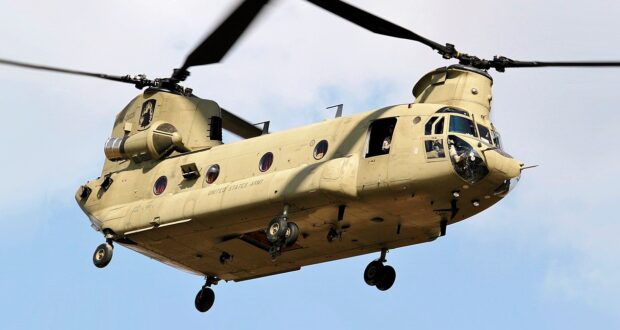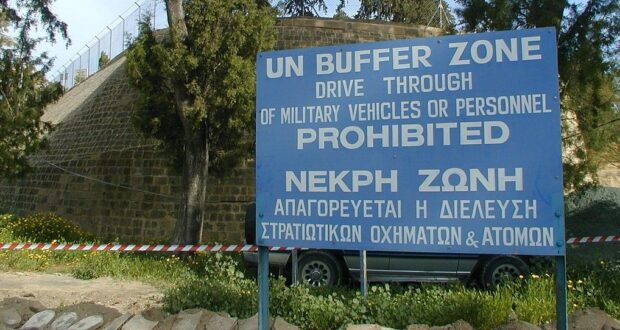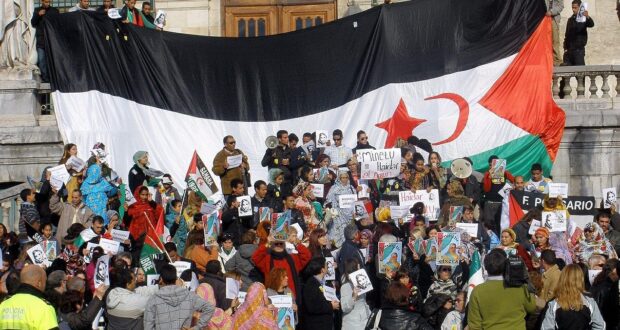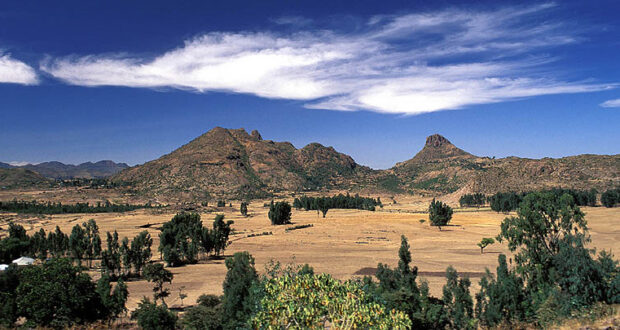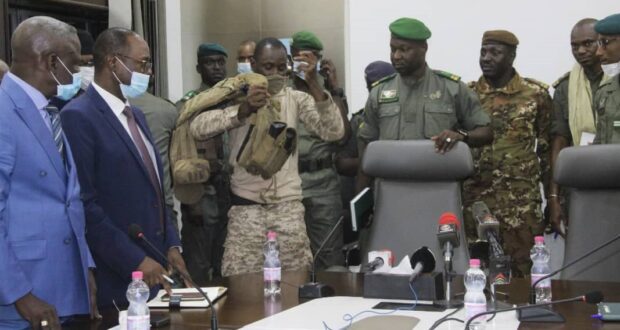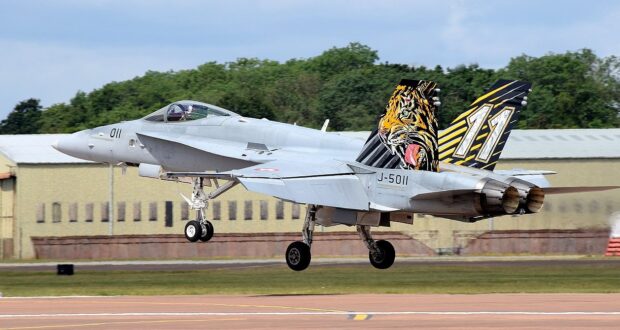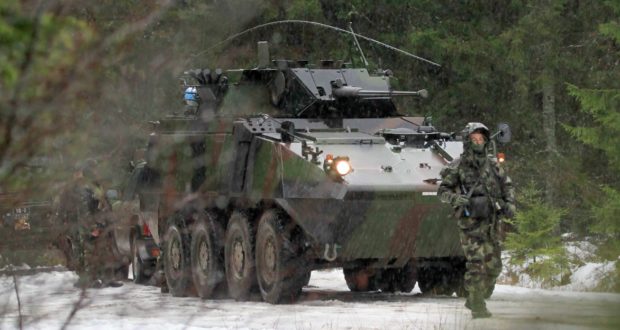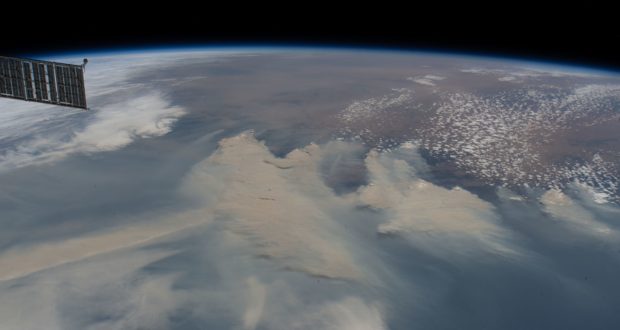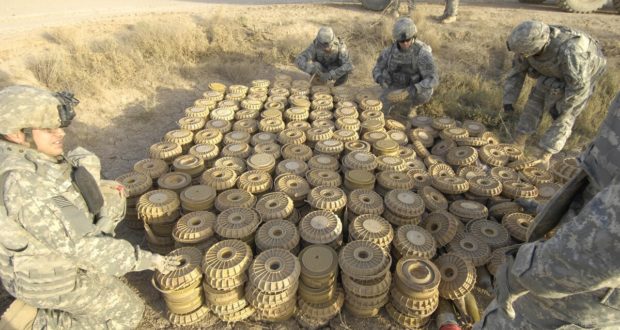Author Archives: Oliver Hegglin
Oliver Hegglin is a geopolitical threat analyst in the private sector and has a master’s degree in international affairs from the Graduate Institute of International and Development Studies in Geneva and a dual bachelor’s degree in international studies and anthropology from Washington College. Between and during degrees he completed internships with diplomatic representations and the United Nations, and worked for a developmental NGO. Oliver is a Specialist Officer with Swiss Armed Forces International Command where he supports the training for peace support operations and has served abroad in Mali and Kosovo. He is a board member of the NGO Imholz Foundation. His research interests include peacekeeping, the Arctic and Swiss and global security issues.
Oliver Hegglin
July 8, 2021
Europe, Latest Articles, Security and Defence, Uncategorized
It may be possible that in the not-too distant future Switzerland will operate a helicopter fleet with a trio of models, one light, one medium and one heavy. Such a trio could theoretically cover any scenario the Swiss Armed Forces would be called upon to overcome. While the acquisition process will prove to be a challenge, acquiring heavy-lift helicopters would guarantee retaining the spectrum of capacities which will become more relevant and called upon in the future.
Read More »
Oliver Hegglin
June 1, 2021
Counter-Extremism, Latest Articles, Middle East and North Africa, Uncategorized
As with previous conflicts in Gaza, this latest exchange of hostilities saw Palestinian militant groups use civilian buildings for military purposes, with subsequent Israeli attacks targeting these same civilian structures to eliminate a military threat. However, Israel employs a strategy known as “Roof Knocking”, designed to limit the number of civilian casualties caused by their airstrikes.
Read More »
Oliver Hegglin
March 13, 2021
Europe, Global Governance and Human Rights, Latest Articles, Uncategorized
As the years pass and younger generations grow up in a de-facto partitioned Cyprus, it will increasingly become less-likely that Cyprus will be unified in the future. While parties to the Cyprus issue prepare for their meeting with UNSG Guterres this April, they should also prepare for the likely reality that the “frozen conflict”-zone of Cyprus will remain in a state of political limbo, akin to Western Sahara and the Palestinian Territories.
Read More »
Oliver Hegglin
February 5, 2021
Africa, Global Governance and Human Rights, Latest Articles, Middle East and North Africa, Security and Defence, Uncategorized
In the last months of 2020, Israel normalized its ties with four Arab countries. In the case of Morocco, the US issued a proclamation, recognizing Morocco’s sovereignty over Western Sahara, making it the first country in the world to do so. What consequences such recognition will have on what is essentially a conflict in limbo is unclear.
Read More »
Oliver Hegglin
January 6, 2021
Uncategorized
It may be that Ethiopia comes out of what is not just a regional conflict within its territory, but a nationwide struggle for national identity, as a stronger regional actor with the growing political and economic influence it has held so far.
Read More »
Oliver Hegglin
November 26, 2020
Africa, Latest Articles, Security and Defence
While many assessments in the days after the coup in August foresaw instability in the region, no doubt due to the similarities seen in 2012, no increased instability, whether in Mali nor the greater Sahel region, has happened so far.
Read More »
Oliver Hegglin
September 11, 2020
Europe, Latest Articles, Security and Defence, Uncategorized
In a previous article from the Human Security Centre on the topic of neutral European states, the concept of neutrality was examined in relation to how Switzerland, Austria and Ireland have put neutrality into practice, including a history of neutrality in each of these countries, followed by an analysis of conventional ground-based military assets. This second article which looks into aerial and naval military assets, and examines how neutrality is practiced as a foreign policy by these three countries.
Read More »
Oliver Hegglin
July 27, 2020
Europe, Latest Articles, Security and Defence, Uncategorized
The law of neutrality was codified in 1907. Otherwise known as the Hague Convention, this document sets out the rights and responsibilities of neutral states. Since its writing, two World Wars and the Cold War have challenged neutral states to take steps and ensure their neutrality while giving them the chance to develop unique foreign policies.
Read More »
Oliver Hegglin
April 26, 2020
Asia and Pacific, Environment and Energy, Latest Articles, Uncategorized
The bushfires which rampaged across parts of southeastern Australia were finally extinguished at the end of February, after more than 240 days of blazing across New South Wales.
Read More »
Oliver Hegglin
March 26, 2020
Uncategorized
While this change in policy does not necessarily mean a change in practice, it must be remembered that landmines - no matter how advanced they are - prevent a peoples or a country from developing by denying them the ability to move on from an armed conflict.
Read More »
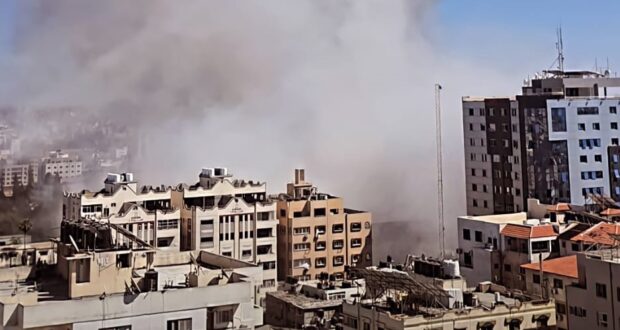
 Human Security Centre Human Rights and International Security Research
Human Security Centre Human Rights and International Security Research
